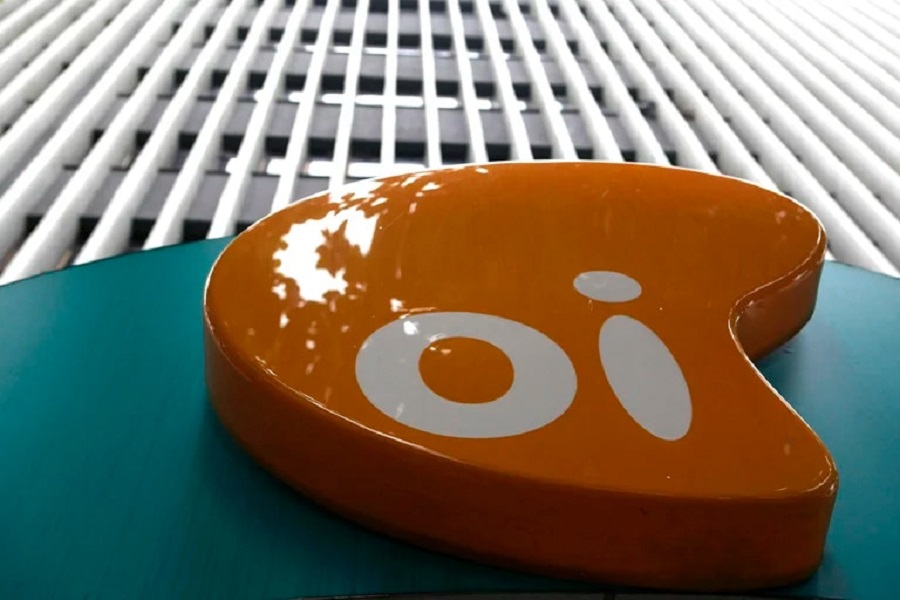RIO DE JANEIRO, BRAZIL – The Brazilian Prosecutor’s Office recommended the country’s Administrative Council for Economic Defense (CADE) against authorizing the acquisition of Oi Group’s mobile assets by Spanish company Telefónica, together with Tim and Claro, as it considers that competition laws could have been breached.
Vivo (Telefónica Brasil), Claro (América Móvil) and TIM (Telecom Italia) bought Oi’s mobile assets for R$16.5 (US$3.2) billion. Telefónica’s subsidiary in Brazil would contribute 33% of the offer price.

The National Telecommunications Agency (ANATEL) approved the sale in late January.
In its report to CADE, the Prosecutor’s Office argues that the three companies may have formed a consortium prior to the purchase of Oi’s assets and that they failed to notify CADE.
In addition, the Prosecutor’s Office proposes to initiate administrative proceedings against the three purchasing companies to investigate if they engaged in a concerted practice among competitors and potential exclusionary practices.
The Prosecutor’s Office initiated this administrative proceeding after Algar Telecom, a Brazilian operator, requested CADE to investigate the alleged “gun jumping.” CADE is expected to rule on the purchase process this Wednesday.
Vivo argued that, during the purchase of Oi’s mobile assets, which was unanimously approved by ANATEL, the applicable legal procedures were followed.
The company recalls that the purchase proposal was made in a public auction, supervised by the Rio de Janeiro Prosecutor’s Office and the Judiciary.
Contrary to what the Prosecutor’s Office claims, Vivo assures that the offer was placed jointly by the three companies, albeit not as a consortium.
Thus, the operation results in three absolutely independent acquisitions by the buyers, which continue and will continue to compete vigorously in the market, according to Vivo sources. Moreover, the features of the proposed acquisition are intended to preserve and foster competition in the mobile telephony market.
Brazil is one of four key markets for Spanish Telefónica, along with Spain, the United Kingdom and Germany.

